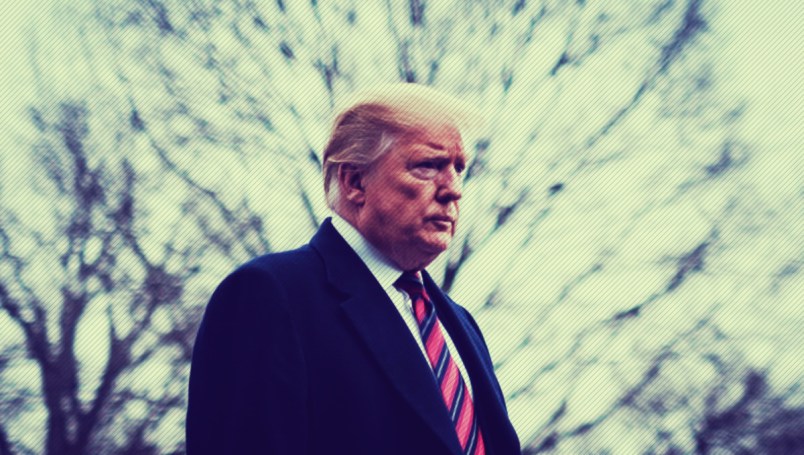Donald Trump was willing to go to Moscow during the 2016 presidential campaign for discussions on the Moscow Tower project, a redacted version of the Mueller report states.
The report states that longtime Trump lawyer Michael Cohen told the special counsel that Trump had opportunities to travel to Russia in late 2015 and in spring 2016.
“According to Cohen, Trump indicated a willingness to travel if it would assist the project significantly,” the document reads. “On one occasion, Trump told Cohen to speak with then-campaign manager Corey Lewandowski to coordinate the candidate’s schedule.”
Lewandowski then purportedly “suggested that they speak again when Cohen had actual dates to evaluate.”
In a separate episode, Trump turned down an invitation to the June 2016 St. Petersburg International Economic Forum – the same event that Cohen nearly travelled to with fixer and former Trump Org exec Felix Sater.
In this case, however, a friend of Ivanka Trump’s “from the fashion industry” sent the invitation on behalf of a Deputy Prime Minister of the Russian Federation named Sergei Prikhodko.
In an appendix attached to the report, Trump said that he didn’t recall the travel discussions, and claimed that he was not “enthused” at the idea.
Mueller details the money that Trump stood to gain from the Trump Tower Moscow project in the redacted report. In one line that cites a Cohen interview, the report writes that the Trump Org would “earn substantial sums,” all while avoiding “significant liabilities or financing commitments.”

Discussions with Sater – the self-described longtime FBI informant – continued until at least June 2016, the report states. The document goes on to say that he spoke with Mueller “under a proffer agreement” before the sentence ends in a Grand Jury-marked redaction.
Sater was an early figure in the narrative surrounding ties between Trump and Russia, with a December 2015 AP story identifying him as “a Mafia-linked stock fraud felon” who Trump picked as a senior adviser.
Sater told TPM in early March that he had wanted to get the deal “for years” as part of a bid to “make a lot of money.” He denied that it was part of any broader collusion narrative, in part because he – like many others – never expected Trump to win.
“C’mon, who did?” he asked TPM rhetorically.






